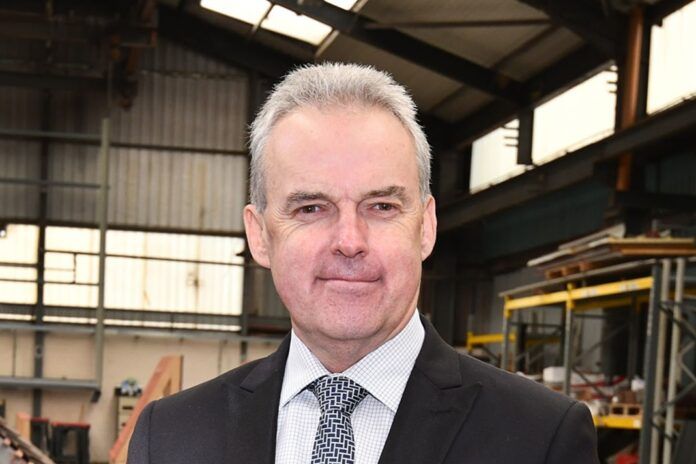National Federation of Roofing Contractors (NFRC) has welcomed the new Procurement Act 2023, which took effect late February.
According to a statement, the legislation aims to improve public procurement practices across the UK by enhancing opportunities for small and medium-sized enterprises (SMEs), prioritising social value and ensuring greater transparency and value for taxpayer money.
Under the Act, all public sector contracts must now pay invoices within 30 days of receipt. NFRC said it hopes the change will promote better payment culture throughout across construction.
James Talman, NFRC Group’s CEO, said: “Poor payment practices continue to unfairly strain the finances of roofing and cladding businesses, critically harming growth potential and jeopardising the government’s housing targets. I hope that better payment standards from local authorities will strengthen the culture across the industry.”
The new focus on awarding contracts based on the ‘Most Advantageous Tender’ rather than simply the lowest bid is another significant step, it noted. NFRC underscored the importance of looking beyond initial costs to the whole-life value of buildings, with maintenance and operational expenses often making up the bulk of a building’s lifetime costs.
James continued: “Up to 80% of a building’s lifetime costs are operational. Procuring authorities have an excellent opportunity to focus on sustainability and high-quality workmanship to deliver real value throughout a building’s existence, not just what appears cheapest at the outset. For quality work, they must look to quality and competent workers, like those represented by NFRC members.”
Additionally, the statement said the Act introduces a central debarment list designed to exclude underperforming suppliers, as well as their associated suppliers and subcontractors, thereby raising standards across the supply chain.
James added: “The new central debarment list must be proactively used to enforce best practice across the construction sector.
“SMEs continue to deliver an outsized proportion of apprenticeships, and it is high time they are recognised for this essential support to sustain our industry. We hope these changes, along with a focus on the Most Advantageous Tender, will deliver real benefits for NFRC members and the wider industry.”




